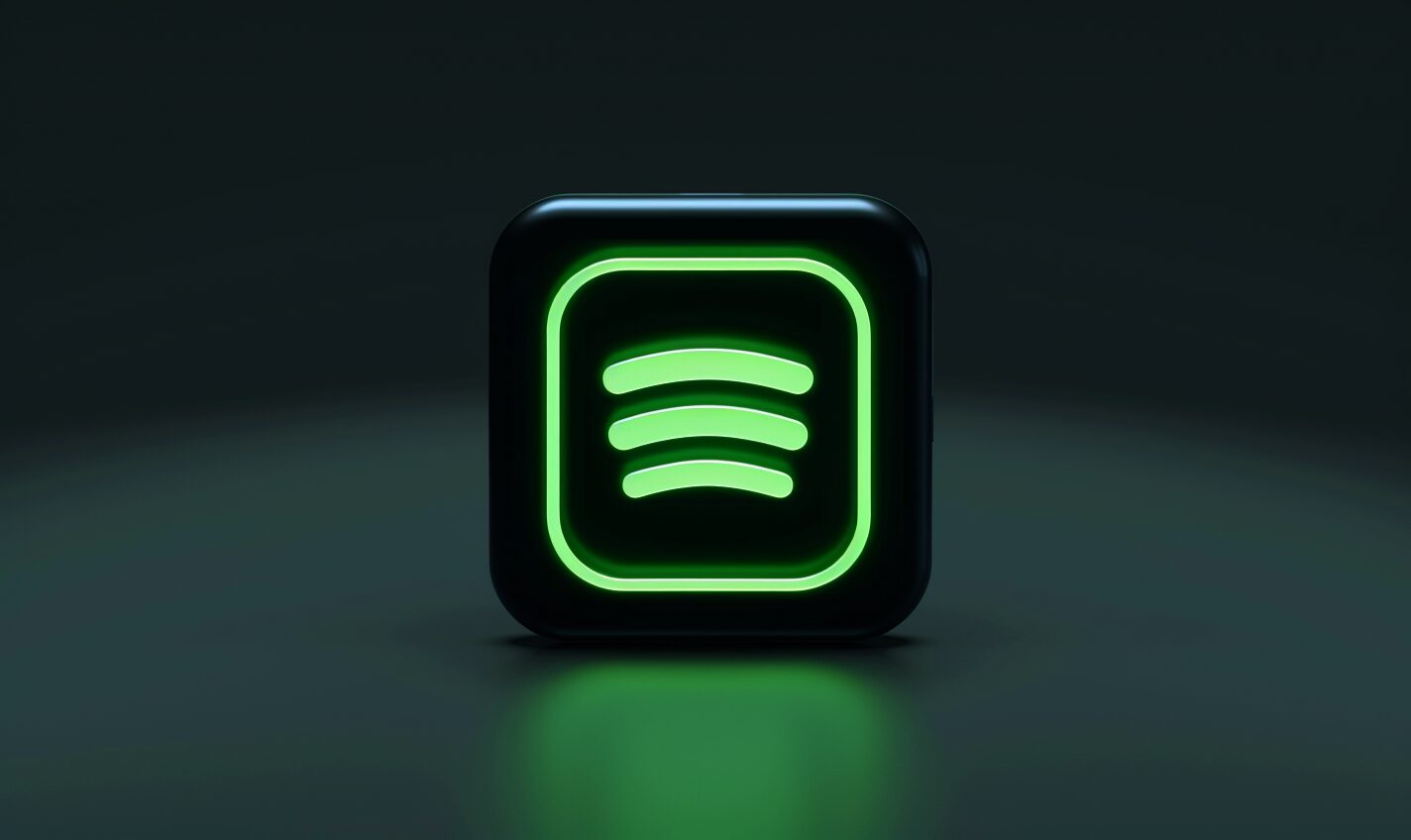What is an app, exactly? Apps are everywhere. If you own a computer or smartphone, you likely use apps every day for tasks ranging from checking your email, to browsing the web, to keeping in touch with friends, family or possibly coworkers.
However, you may still be wondering — what is an app, exactly? What makes an app different from software or a program or is there a difference?
Below, we’ll cover everything you need to know about apps — what they are, why we call them apps and how people from inside and outside the tech world use the term.
What is an App?
Apps — short for applications, application programs or application software — are any kind of program designed for use by end-users. End-users are the people who actually use a given device, as opposed to developers or system administrators.
If you buy a device from the store for your own use, you’re probably the end-user of that device.
Apps can serve a variety of purposes. For example, email apps are programs that allow you to send, receive and view emails. Web browser apps let you access the internet. Music apps let you download and organize music files — and so on.
“App,” “program,” and “software” are sometimes used interchangeably — but other times, they may refer to more specific concepts. If someone is drawing a line between the three, typically they’ll distinguish between software intended for end users and other programs.
They might tell you that apps are software programs intended for general use. They have interfaces and are built to help a user accomplish a certain task. Non-app programs, on the other hand, may not be intended for users, even if they help the computer run. They may instead operate silently in the background or exist for troubleshooting and diagnostic purposes.
Types of Apps
There are three main types of apps — native apps, web apps and hybrid apps, which are a combination of the first two types. Native apps run directly on a device. While some native apps may require the internet to run properly, native apps generally have all the information they need to function installed directly on a device.
Web-based apps, by contrast, don’t typically take advantage of local storage in the same way. You use these apps through an internet browser. One popular example of web-based apps is the Google Suite, which includes software like Gmail, Docs, Sheets and other apps designed for basic office work — writing documents, creating spreadsheets and responding to emails.
While Google creates stand-alone, or native, versions of these apps, the company also supports web versions that you can access through a web browser, like Chrome, Firefox, Internet Explorer or Safari.
Some hybrid apps use a combination of offline and online data to run. These apps may stream data from the internet — or continuously pull information from a device — in order to run. For example, Netflix maintains both web-based and native versions of its app for computer and mobile devices.
Neither version supports offline viewing, despite the native version being installed directly on your device. You have to be online to watch content because all content on the platform is streamed to your device. The native version of the app could be considered a hybrid because it loses core features when a user doesn’t have an internet connection.
The Basics of Apps, Software and Programs
Any piece of software that’s built for the end user can be an app. While no app is the same — some require internet connectivity, others don’t — all of them use code to make it easy for you to perform a task with a computer or other device.
Recent Stories
Follow Us On
Get the latest tech stories and news in seconds!
Sign up for our newsletter below to receive updates about technology trends














